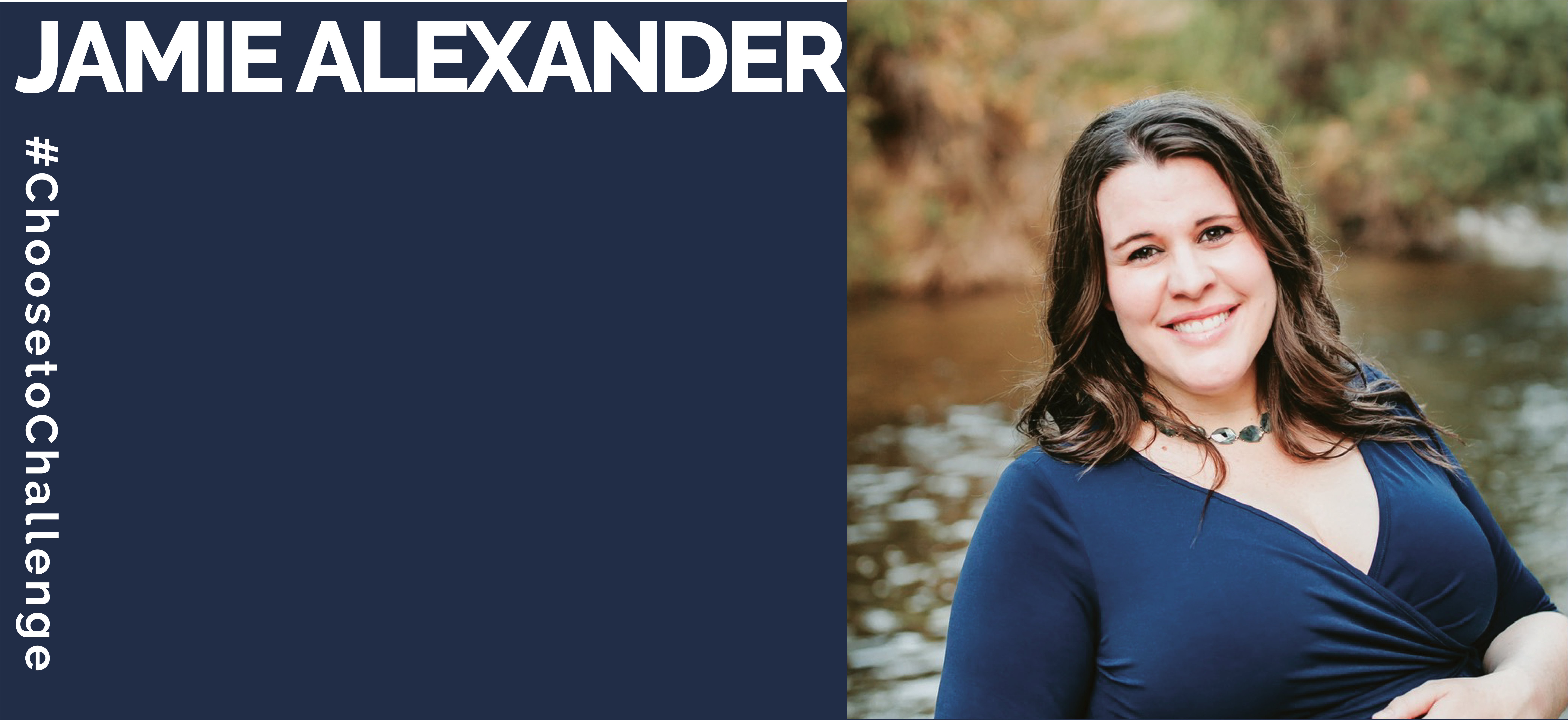This last year, many companies have been challenged with making major workforce changes and almost every aspect of business has been impacted. With July and August estimates showing nearly 11 million job openings in the US, chances are, you have been conducting interviews openings in your own business. Imagine interviewing a candidate that seems to have all the skills you are looking for, but displays some distracting social quirks. Maybe she doesn’t make good eye contact, or perhaps you notice a tic. For many candidates, these eccentricities might mean rejection as employers perceive them as “not a good culture fit”.
For people living on the autism spectrum, finding a job, and integrating into our neurotypical community can be a colossal challenge. According to a report by Drexel University, 51% of autistic workers said their skills were higher than those their job required, but fewer than one in six has full-time employment. More than three-quarters of those unemployed say they want to work.
Licensed and Board-Certified Behavior Analyst, Jamie Alexander, runs an intensive outpatient treatment program for children with autism spectrum disorder (ASD). She helps children and their families work through learning social skills, language and communication, and adaptive skills. The program aims to help learn skills to reduce problems of social significance. She supervises and creates plans for the children and families.
“The main goal is to help children adapt, learn new skills, and reduce challenging behaviors.”
Jamie says her caseload is double what it should be due to the prevalence of autism diagnosis increasing, combined with a national shortage of board-certified behavior analysts (BCBAs). She has taken on the role of mentor, helping people get into the programs they need to meet this certification process, providing supervision, and boosting growth in this field. Not only will this reduce the workload, but more BCBA analysts mean more focused care for the children and their families.
She recently accepted a position as Clinical Director with Action Behavior Centers, focusing on supervising other analysts that are helping to grow the field as well. With this new role, Jamie insisted on still being involved at the clinical level. She says working with the families and seeing the children grow and develop healthy skills is intensely rewarding.
She is excited about this new role as the program provides autism screening free of charge. This is groundbreaking as the current waitlist for families to see a pediatrician for diagnosis is anywhere from 12 to 24 months. Giving families the option to skip the large fees and wait times to get a diagnosis is essential because early intervention is key to the success of these programs.
These days while ASD is usually diagnosed in young children, it isn’t always the case. In years past, many cases of ASD were mistaken for attention deficit disorder, obsessive-compulsive, or other mental conditions. Now, more adults are seeking a diagnosis when they learn one of their own children or other family members receiving one and realizing their own symptoms align. This industry has done a fantastic job providing services for young children, but it’s inherently lacking support for adults.
Children will eventually “age out” of these programs, and Jamie doesn’t agree with this on an ethical level. She is hopeful and looking forward to seeing the field as a whole grow in its lifelong support of individuals with ASD.
Jamie’s mother was an elementary teacher who always had children with different developmental disabilities in her class. This gave Jamie an eye-opening perspective on the struggles those children faced. While in second grade, Jamie’s childhood friend had an epileptic seizure, requiring her to wear a helmet for safety. Jamie didn’t want the other children to treat her friend differently and took to wearing her bike helmet to school with her.
“I love working with families. The cases I really get really involved with, are the parents that just receive a diagnosis and feel like their world is crumbling around them. I like to be the person that can give them hope.”
One of Jamie’s previous supervisors helped her realize her inclination to make sure everyone feels included, which made her a natural fit for this field. Her supervisor inspired and pushed her to pursue certification. She hopes to be this kind of mentor and role model for others.
Jamie is hoping to spread awareness and grow the Tucson community’s acceptance of individuals with ASD. She is going to be working on more outreach programs to help families and other organizations be more aware of the services available to people with ASD. For example, many with ASD can’t enjoy a typical movie-going experience without sensory overload or stand in line at the mall to see Santa during the holidays without being overwhelmed. Jamie hopes we can integrate more inclusive events, jobs, and activities aimed at expanding participation for ASD people in our community.
Thank you, Jamie, for helping us to #choosetochallenge what it means to be an inclusive society.




